
Regardless of how comfortable your pet seems outdoors, domestic animals are not adapted to live outside and, in cold weather, must always be provided shelter. In freezing temperatures, even short periods of overexposure can result in depression, lethargy and weakness. In extreme outdoor weather -anything below zero – hypothermia can set in, resulting in slowed heart and breathing rates and a lack of response to stimuli. Ensure your pet stays healthy and happy all winter long with these ten helpful tips.
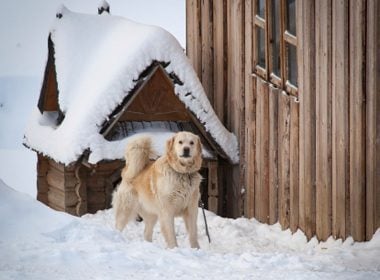
Provide Shelter
Always consider keeping your pet indoors and provide as much shelter as possible. If you cannot bring your pet indoors, be sure there is adequate shelter to protect them from dropping temperatures.

Consider a Supplement
Supplement your pet’s diet with essential fatty acids, such as canola oil and safflower oil, to help their coat thicken during cold months.
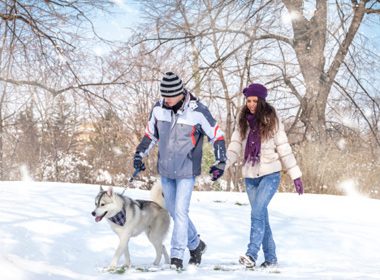
Up Their Protein Intake
Increasing protein in the diet will keep your dog or cat’s fur full and healthy during the winter months. You can be sure you know exactly what is going into your pet food by making your own.

Keep Your Fireplace Enclosed
Keep fireplaces screened. If your pet lies too close to the flame, the exposure can dry their skin and cause respiratory problems.

Keep an Eye on the Water Dish
Check food and water often to make sure they are not frozen. Using plastic bowls prevents pet tongues from accidentally getting stuck.
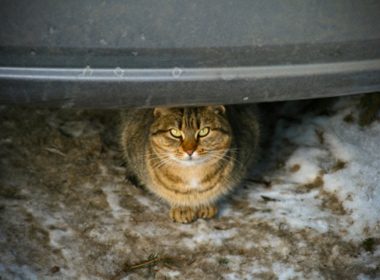
Check Your Car Each Morning
Bang on your car’s hood before turning on the ignition. “If you park your car and your engine is still warm on a cold night, cats that are roaming around the neighbourhood will crawl up in it. If you start your car they can be severely injured,” says veterinarian Dennis Flosi.

Check Their Toes
Keep the hair between their toes cut short to prevent snow from sticking, which can result in discomfort. Ensuring that their nails are trimmed will allow for better traction on slippery surfaces.

Consider Boots
Buy boots for your dog or wash their paws after walks. Salt used to melt ice can irritate paws.
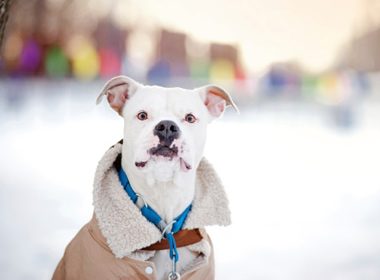
A Jacket Can Help
Short-coated animals may require a jacket or sweater to help protect them from extreme temperatures.
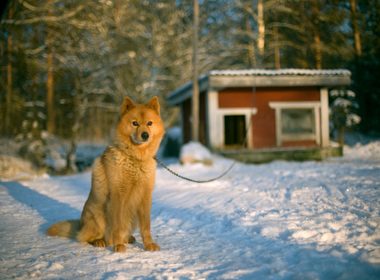
Keep Antifreeze Out of Reach
Antifreeze, a deadly poison, has a sweet taste that attracts animals. Take care to wipe spills and keep supplies out of reach.